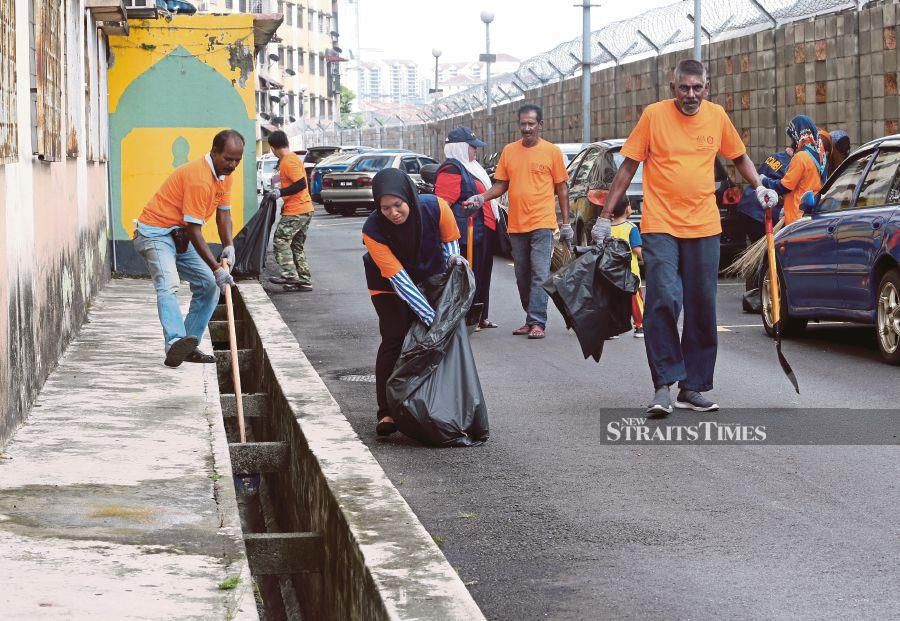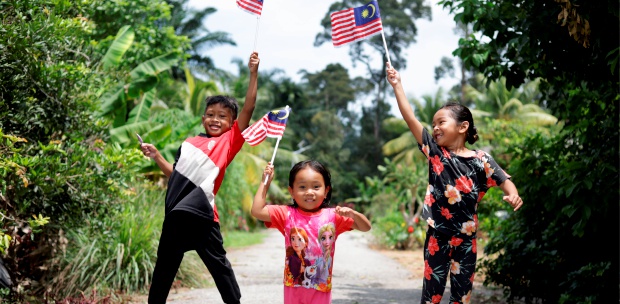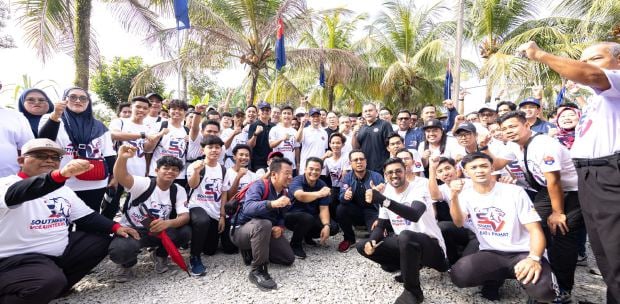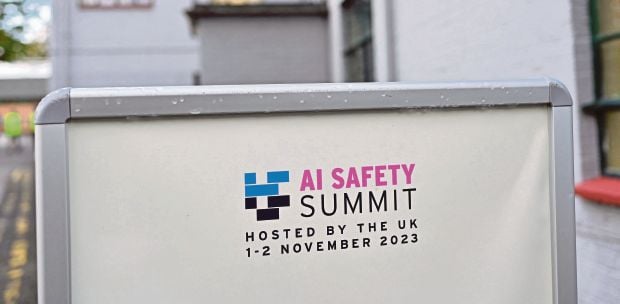ONE of the provisions announced in the 2021 Budget was on the promotion of volunteerism, part of a broader package of community-based initiatives of the "Strategy 4: Prioritising the Inclusiveness Agenda" that will drive the process of recovery in the year to come from the social development perspective.
The message was clear enough as more resources would be allocated to the Rukun Tetangga areas with the overall financial resources allocated benefiting more than 8,000 such areas.
The first time I had read about this initiative, I asked colleagues in Malaysia if they were aware of these provisions, especially on the role of Rukun Tetangga areas in the promotion of community engagement through volunteering.
None of them were cognisant of it and this made me think about not only the potential impact of the government's plans on volunteerism but also about its understanding of the word.
Are we really sure that the Voluntary Patrol Scheme — this is what the announcement was about — is really going to foster the spirit of service in Malaysia? I am using the word "service" intentionally because I feel there is much confusion and misunderstanding about what service means.
Interestingly the debate is getting hotter as the government recently announced plans to reestablish, guess what, the "National Service" that basically is a para-military training.
The aim here is to instil the sense of patriotism among youth but as we are reconsidering the meaning of the word "service" in Malaysia, why don't we also have a frank debate on what the word "patriotism" really means?
On the latter point, I am not the first and won't be the last to criticise an understanding of patriotism that is confined only to a military dimension.
So here's my proposal: let's push Malaysia to truly follow the example of Singapore because while Singapore is obsessed with national security issues and therefore call its military draft the "national service", the city island's way of serving relies also on an exceptionally vibrant volunteering ecosystem, almost unique I would say.
They are investing huge amounts in real volunteering opportunities and are doing it right. So let me conclude with a proposal: a special day for Malaysians who are tirelessly dedicating their time, energy and skills volunteering for others.
On International Volunteer Day today, the government can come up with some amendments to its plans.
First suggestion: redesign the Rukun Tetangga volunteers' scheme and turn it into localised units promoting volunteerism and community care, sort of mobile volunteering centres that can step in where there is a need.
Each unit could adopt a localised "Service Plan" based on the areas of interventions chosen depending on the local context with the overall mission of first partnering and supporting, wherever possible, existing volunteering groups and second start new initiatives if a need arises.
Partnering with and strengthening the work of local groups is going to be key because Malaysia has outstanding examples of voluntarism that, if supported, are real best practices.
Second, instead of creating another National Service that is going to be controversial again, the government could reinforce the People's Volunteer Corps experience so that its members could play a better role as community watchdogs.
Third, the government should come up with financial schemes to support local volunteer groups and organisations. They are the ones who can drive the pursuit of the Sustainable Development Goals.
Fourth, the budget speech has allocated considerable resources for Orang Asli and other minority groups, including persons with disabilities. Members of these groups should be encouraged to volunteer.
Volunteerism, let's not forget, is the best way to help someone to become self-empowered and it is a great way to bring people from different communities together.
Fifth and last, the government should convene a national conclave with non-state actors to lay out the next steps to strategically boost the "volunteerism" way of serving in the country.
A working group with mixed representation could lead a series of consultations on the ground and then come up with some recommendations.
A lean and nimble youth-driven national volunteering agency could be something that should be highly considered. And on that note, happy International Volunteer Day 2020!
The author is the co-founder of Engage and writes on social inclusion, youth development, regional integration and the Sustainable Development Goals in the context of Asia Pacific






